Home>diy>Building & Construction>Which Cement Is Best For House Construction
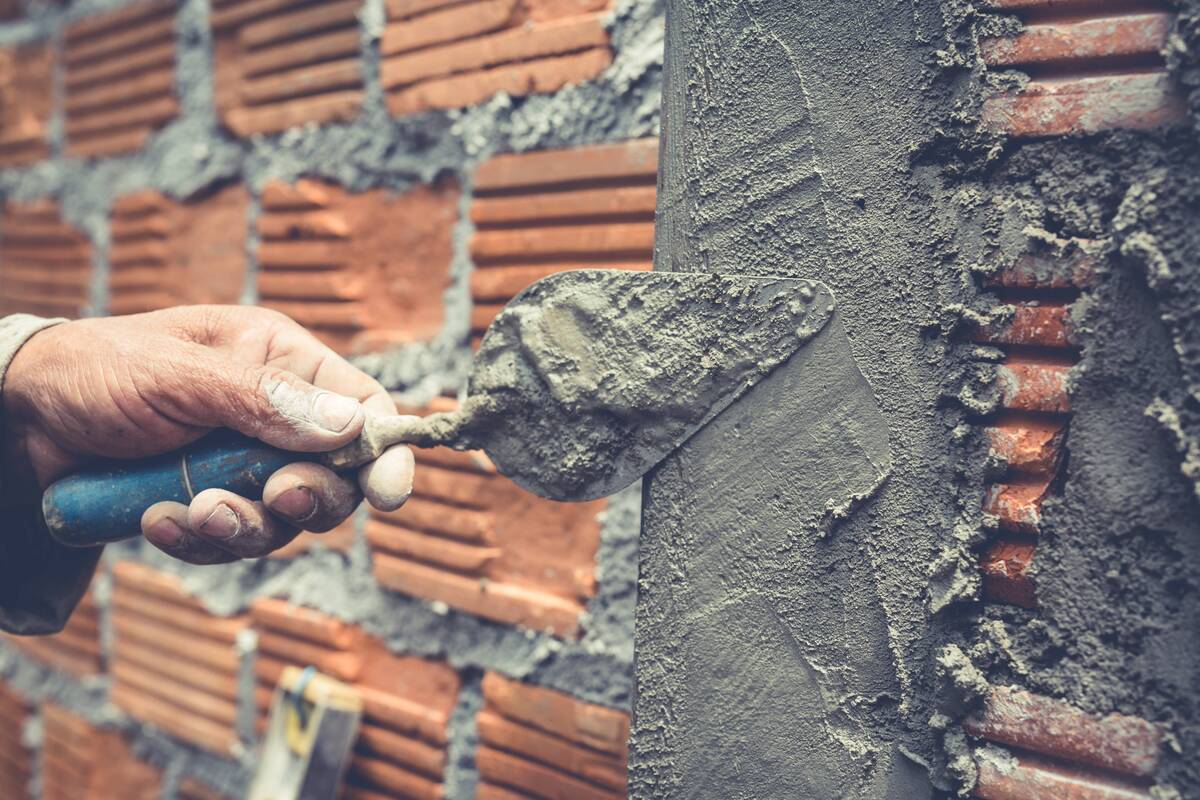

Building & Construction
Which Cement Is Best For House Construction
Modified: August 17, 2024
Looking for the best cement for your house construction? Get expert insights and recommendations for building construction with our comprehensive guide.
(Many of the links in this article redirect to a specific reviewed product. Your purchase of these products through affiliate links helps to generate commission for Storables.com, at no extra cost. Learn more)
Introduction
When it comes to house construction, one of the most crucial decisions you will have to make is choosing the right type of cement. Cement plays a critical role in providing structural strength, durability, and stability to a building. With the wide variety of cement options available in the market, it can be overwhelming to determine which one is best suited for your project.
In this article, we will explore the different types of cement that are commonly used in house construction. We will discuss their properties, advantages, and potential applications. By understanding the characteristics of each type of cement, you will be better equipped to make an informed decision that aligns with your specific construction needs.
Before we dive into the types of cement, it’s important to note that the composition of cement consists of a mixture of different materials, such as limestone, clay, and gypsum. It is the combination of these materials that gives cement its unique properties and sets it apart from other building materials.
Now, without further ado, let’s explore the various types of cement for house construction and shed light on their distinct features.
Key Takeaways:
- Choose the right cement type based on your project’s specific needs to ensure longevity and durability. Consider factors like strength, setting time, consistency, cost, and availability for an informed decision.
- Different types of cement offer unique benefits – from high strength to rapid hardening. Consult professionals and compare options to select the best cement for your construction needs, ensuring a solid foundation for the future.
Types of Cement for House Construction
When it comes to house construction, there are several types of cement available in the market. Each type has its own unique properties and is suitable for different applications. Let’s take a closer look at some of the most commonly used types of cement in house construction:
- Ordinary Portland Cement (OPC): OPC is the most widely used type of cement in the construction industry. It is known for its high compressive strength and durability. OPC is suitable for all general construction purposes, including the foundation, walls, and beams. It is available in different grades, such as OPC-33, OPC-43, and OPC-53, which indicate the strength of the cement.
- Portland Pozzolana Cement (PPC): PPC is a blend of OPC and pozzolanic materials such as fly ash, volcanic ash, or silica fumes. This combination enhances the workability, durability, and resistance to chemical attacks of the cement. PPC is commonly used in areas where there is a possibility of sulfate attacks, such as coastal regions. It is also suitable for plastering, masonry, and finishing works.
- Rapid Hardening Cement (RHC): As the name suggests, RHC is a type of cement that gains strength at a much faster rate compared to OPC. It is ideal for projects that require early removal of formwork or quick repairs. RHC is commonly used in precast concrete elements, road repairs, and in situations where a quick turnaround time is essential.
- Sulphate Resistant Cement (SRC): SRC is specifically designed to withstand sulfate attacks, which can cause deterioration and cracking of cement. It is suitable for construction in areas with high sulfate content in the soil or water, such as near coastal regions or sewage treatment plants. SRC is commonly used in foundations, basements, and structures where the risk of sulfate exposure is high.
- Low Heat Cement (LHC): LHC is designed to generate less heat during the hydration process, making it suitable for large concrete pours and massive construction projects. Excessive heat generation can lead to thermal cracks, and LHC helps minimize this risk. It is commonly used in the construction of dams, bridges, and nuclear power plants.
These are just a few examples of the types of cement available for house construction. Each type has its own unique characteristics and advantages. It is important to choose the right type of cement based on the specific requirements of your project to ensure the longevity and durability of your construction.
Factors to Consider When Choosing Cement
Choosing the right cement for your house construction project is crucial to ensure the strength, stability, and durability of the structure. Here are some key factors to consider when selecting the type of cement:
- Strength and Durability: The strength and durability of the cement are essential for the longevity of the structure. Consider the specific requirements of your project and choose a cement type that meets the desired strength criteria. OPC generally offers higher strength compared to other types of cement, making it suitable for heavy-duty construction.
- Setting Time and Curing Period: The setting time of cement refers to the time it takes for the cement to harden and attain its maximum strength. Rapid hardening cement, as the name suggests, has a shorter setting time, which can be advantageous for projects with tight timelines. Additionally, consider the curing period required for the cement to attain its optimum strength and make sure it aligns with the project schedule.
- Fineness and Consistency: The fineness and consistency of cement play a crucial role in its workability and ease of application. Finer cement particles ensure better hydration and stronger bonds, resulting in improved compressive strength. It is also important to choose cement with consistent quality throughout the batch to avoid any variations in strength or performance.
- Cost and Availability: Cost and availability are practical considerations when choosing the type of cement. Evaluate the cost per unit of strength or volume and determine if it fits within your budget. Additionally, consider the availability of the cement type in your region to avoid delays or additional expenses associated with transportation.
By considering these factors, you can make an informed decision and choose the right type of cement that meets the specific needs of your construction project. It is also advisable to consult with a professional engineer or contractor who can provide expert guidance based on the project requirements and local conditions.
When choosing cement for house construction, consider using Portland cement as it is the most common and versatile type. It provides good strength and durability for various construction applications.
Comparison of Different Cements
When choosing the best cement for your house construction project, it is important to compare the different types of cement available in the market. Here is a comparison of some key factors to consider:
- Strength and Durability Comparison: OPC is known for its high compressive strength and is suitable for heavy-duty construction. PPC, on the other hand, offers good strength and durability along with improved workability. RHC provides rapid strength gain but may have slightly lower long-term strength compared to OPC. SRC is specifically formulated to resist sulfate attacks, making it ideal for areas with high sulfate content. LHC generates less heat during hydration, making it suitable for large concrete pours.
- Setting Time and Curing Period Comparison: OPC typically has a standard setting time and requires a longer curing period to attain its maximum strength. PPC generally has a slower setting time but requires a similar curing period to OPC. RHC has a shorter setting time, which can be advantageous for quick construction. The setting time and curing period for SRC and LHC are similar to OPC.
- Fineness and Consistency Comparison: OPC and PPC both have fine particle size and consistent quality, ensuring good workability and bond strength. RHC and LHC also have fine particles and consistent quality. However, the fineness of the cement may vary between different brands and manufacturers.
- Cost and Availability Comparison: OPC is widely available and tends to be more cost-effective compared to other types of cement. PPC is also readily available and typically falls within a similar price range as OPC. RHC may be slightly more expensive due to its faster strength gain properties. SRC and LHC may be less commonly available and can be more expensive compared to OPC or PPC.
It’s important to note that these comparisons are general guidelines, and specific brands or manufacturers may have variations within each cement type. Additionally, local factors such as climate, soil conditions, and construction regulations may influence the choice of cement for your project.
Consider the specific requirements of your project, consult with professionals, and carefully evaluate these factors to make an informed decision. By comparing the different types of cement, you can select the one that best suits your construction needs in terms of strength, durability, setting time, consistency, cost, and availability.
Conclusion
Choosing the right type of cement is a critical decision when it comes to house construction. The type of cement you select will impact the strength, durability, and overall quality of your building. After considering the various types of cement available in the market, as well as the factors to consider when choosing the best cement for your project, you are now equipped to make an informed decision.
Remember to evaluate the specific requirements of your construction project, such as the desired strength, setting time, curing period, and consistency. Consider the cost and availability of each type of cement in your region to ensure a smooth and cost-effective construction process.
While Ordinary Portland Cement (OPC) is widely used and offers high strength, there are other cement options available to suit different needs. Portland Pozzolana Cement (PPC) provides good durability along with improved workability. Rapid Hardening Cement (RHC) is beneficial for projects that require quick strength gain. Sulphate Resistant Cement (SRC) is ideal for areas with high sulfate content, while Low Heat Cement (LHC) is suitable for large concrete pours and projects that require minimal heat generation.
Keep in mind that this article provides general information and comparisons. Consult with professionals, such as engineers or contractors, who can assess your specific project requirements and provide expert advice.
In conclusion, by carefully considering the strength, setting time, curing period, fineness, cost, and availability, you can choose the best cement for your house construction project. This will ensure the longevity, stability, and durability of your building, giving you peace of mind and a solid foundation for the future.
Frequently Asked Questions about Which Cement Is Best For House Construction
Was this page helpful?
At Storables.com, we guarantee accurate and reliable information. Our content, validated by Expert Board Contributors, is crafted following stringent Editorial Policies. We're committed to providing you with well-researched, expert-backed insights for all your informational needs.
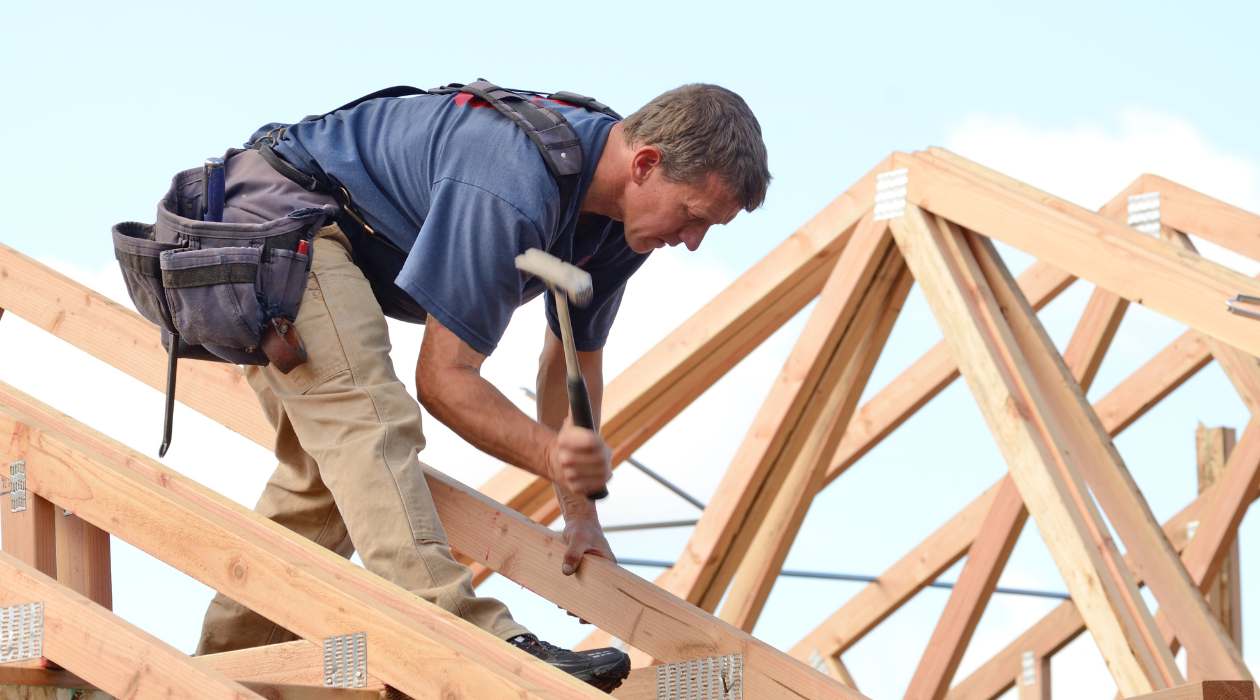
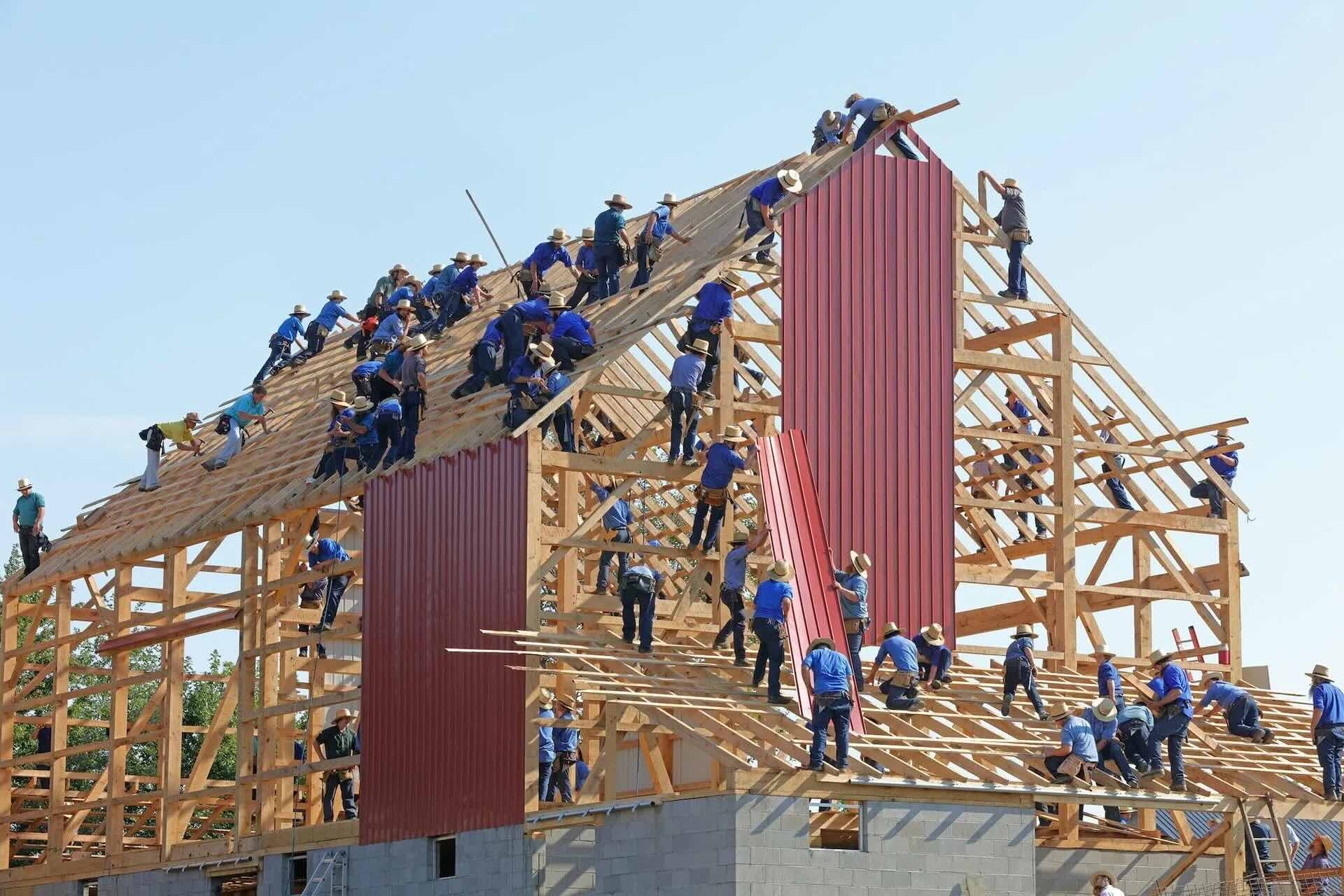
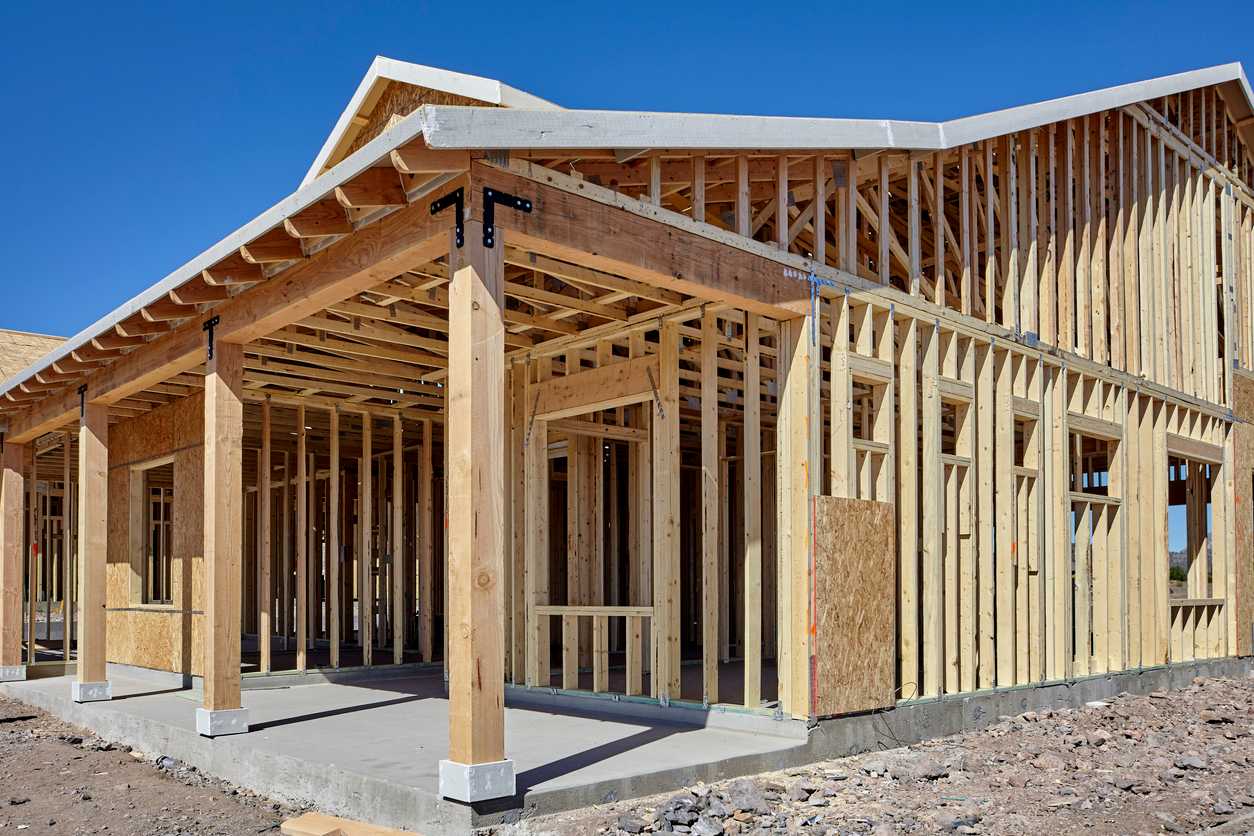

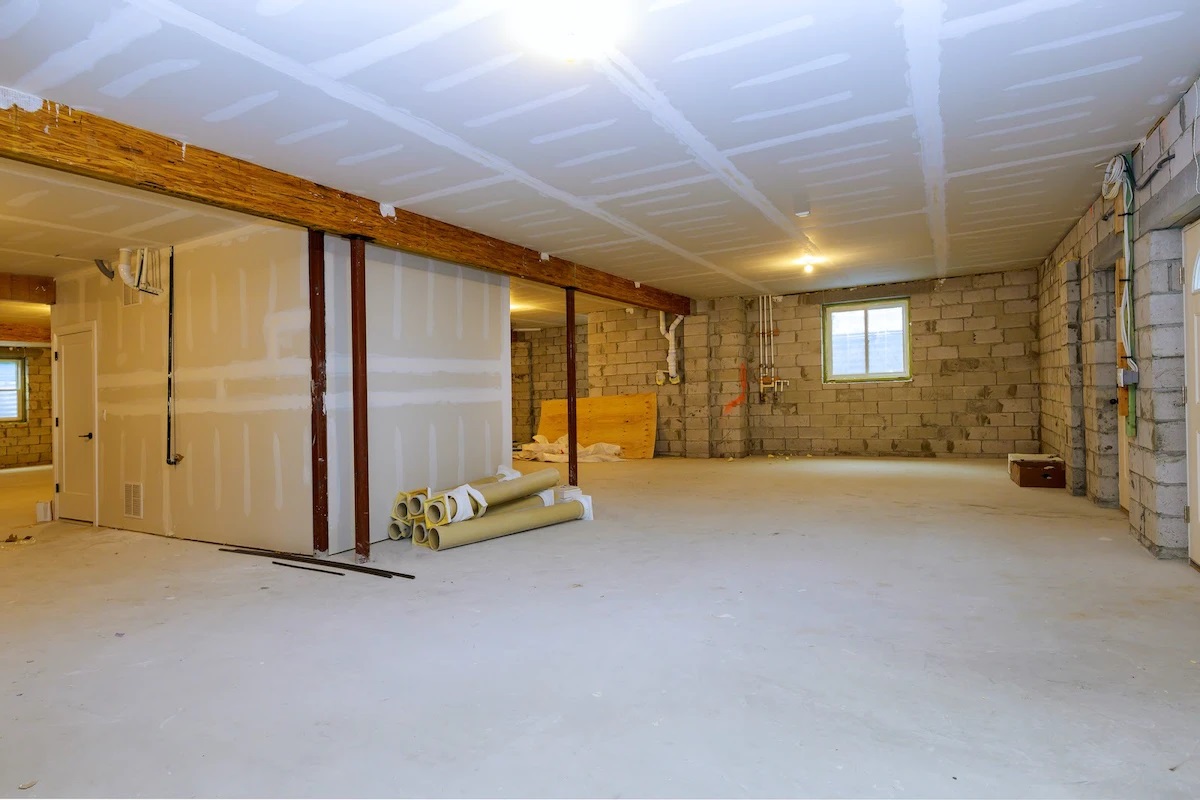

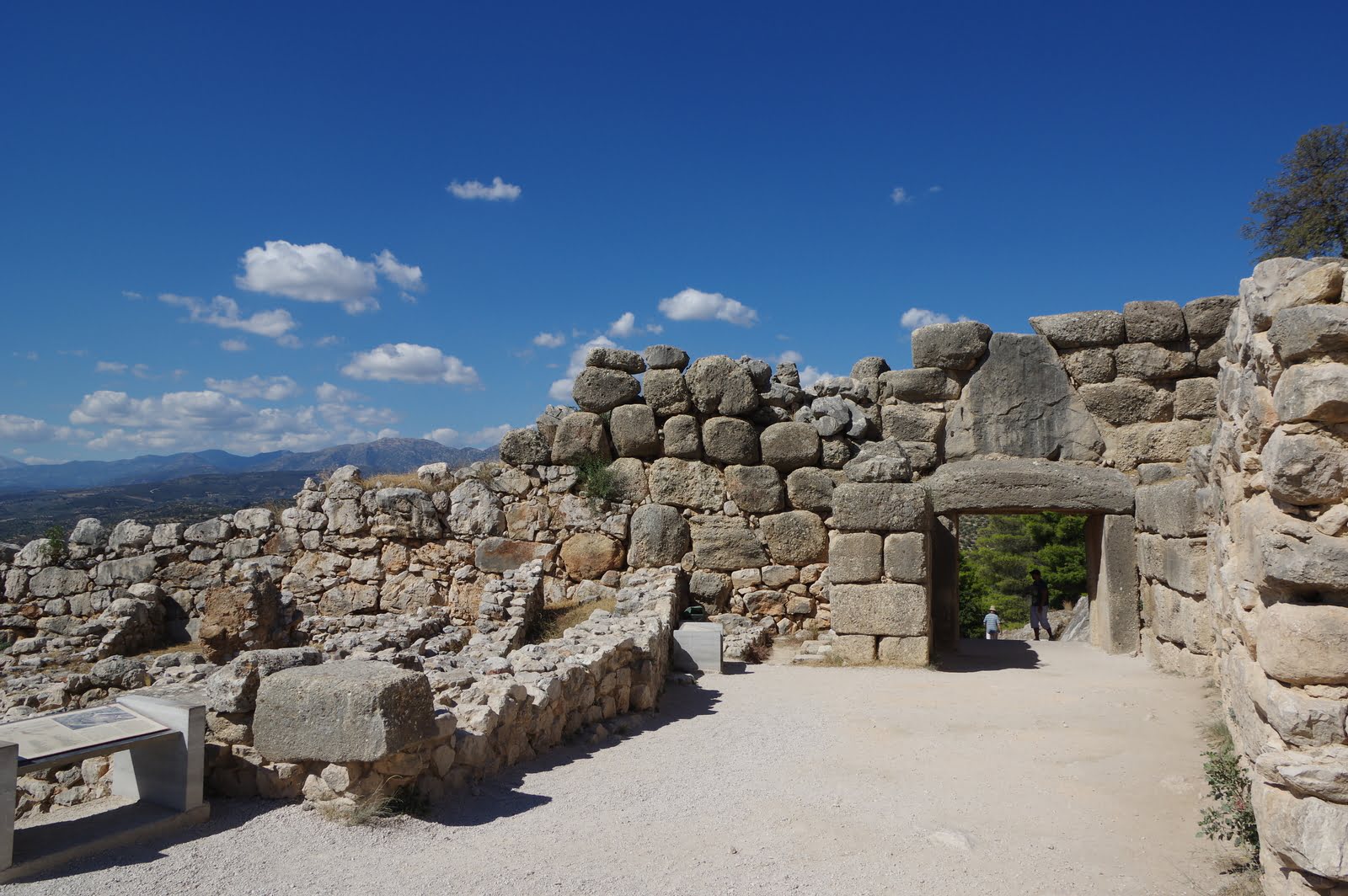
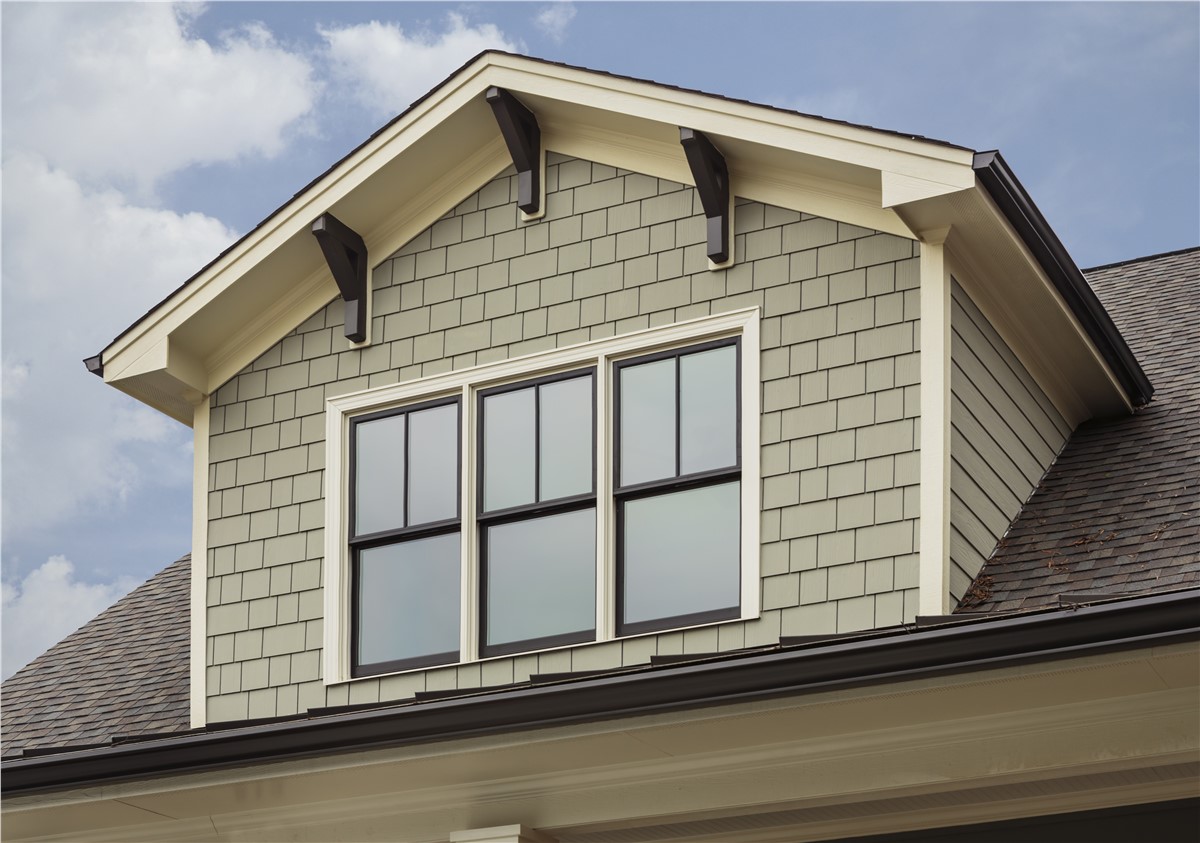
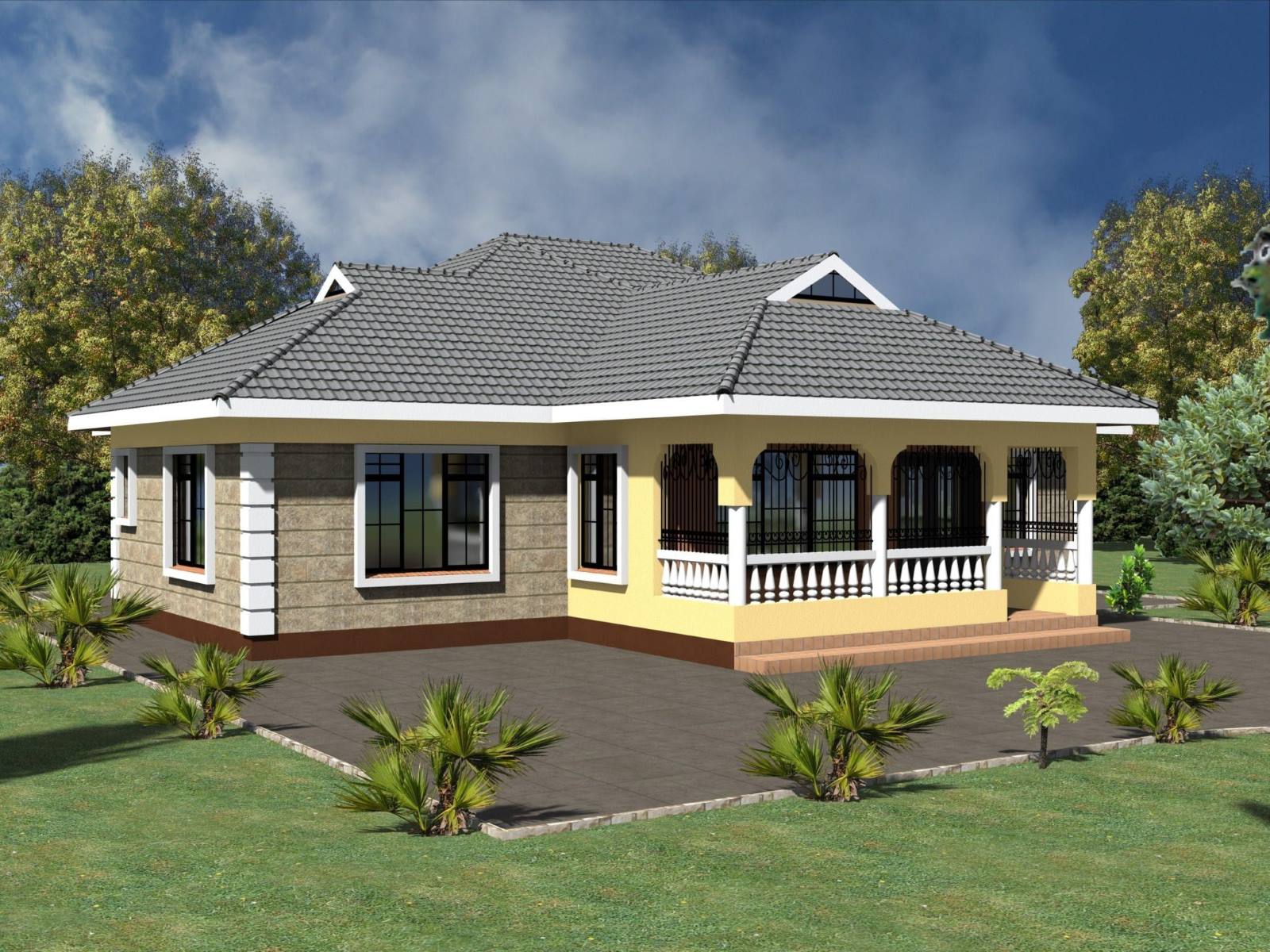
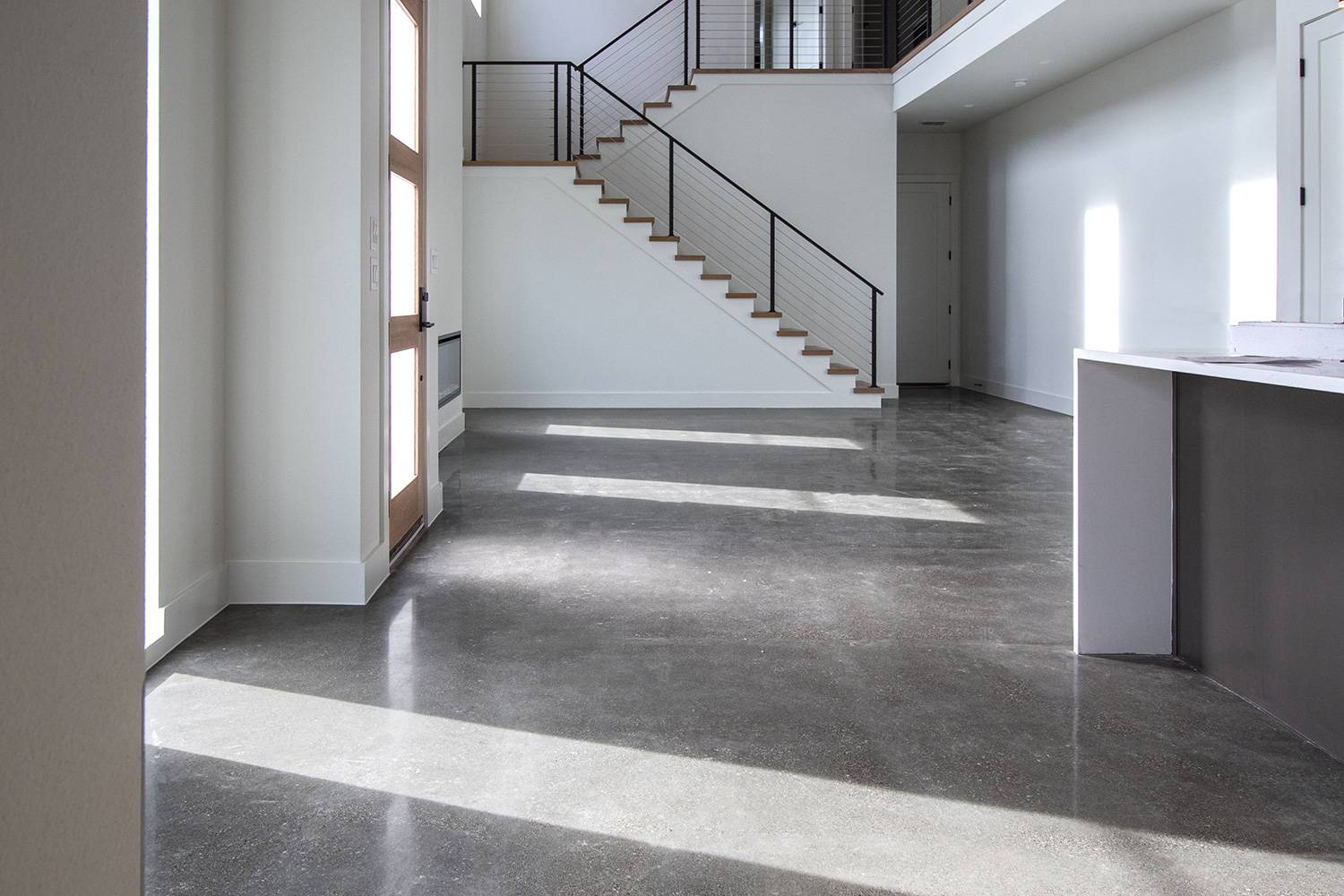
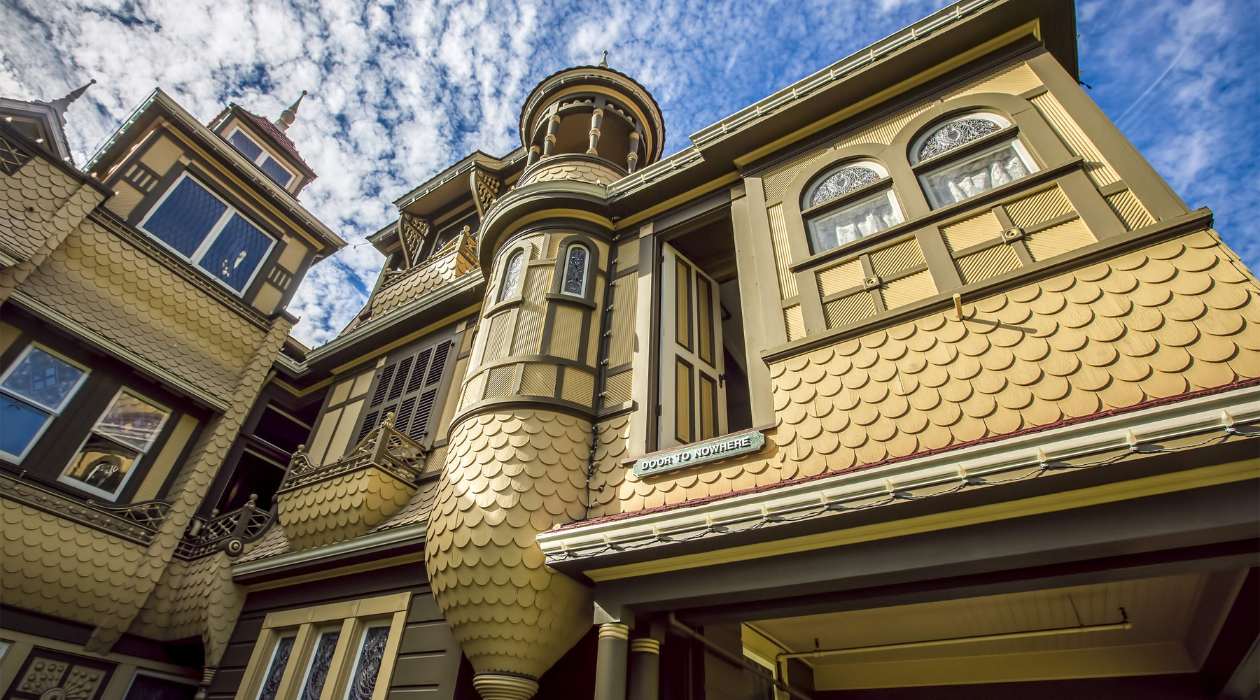
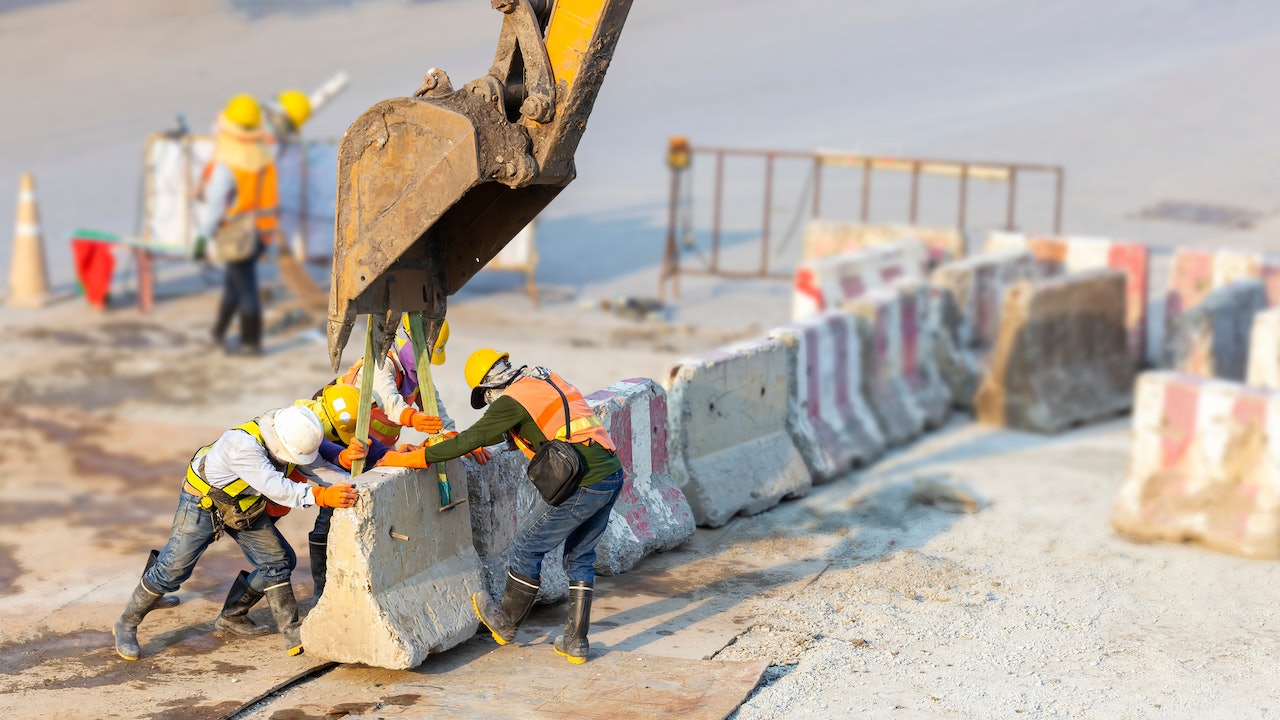
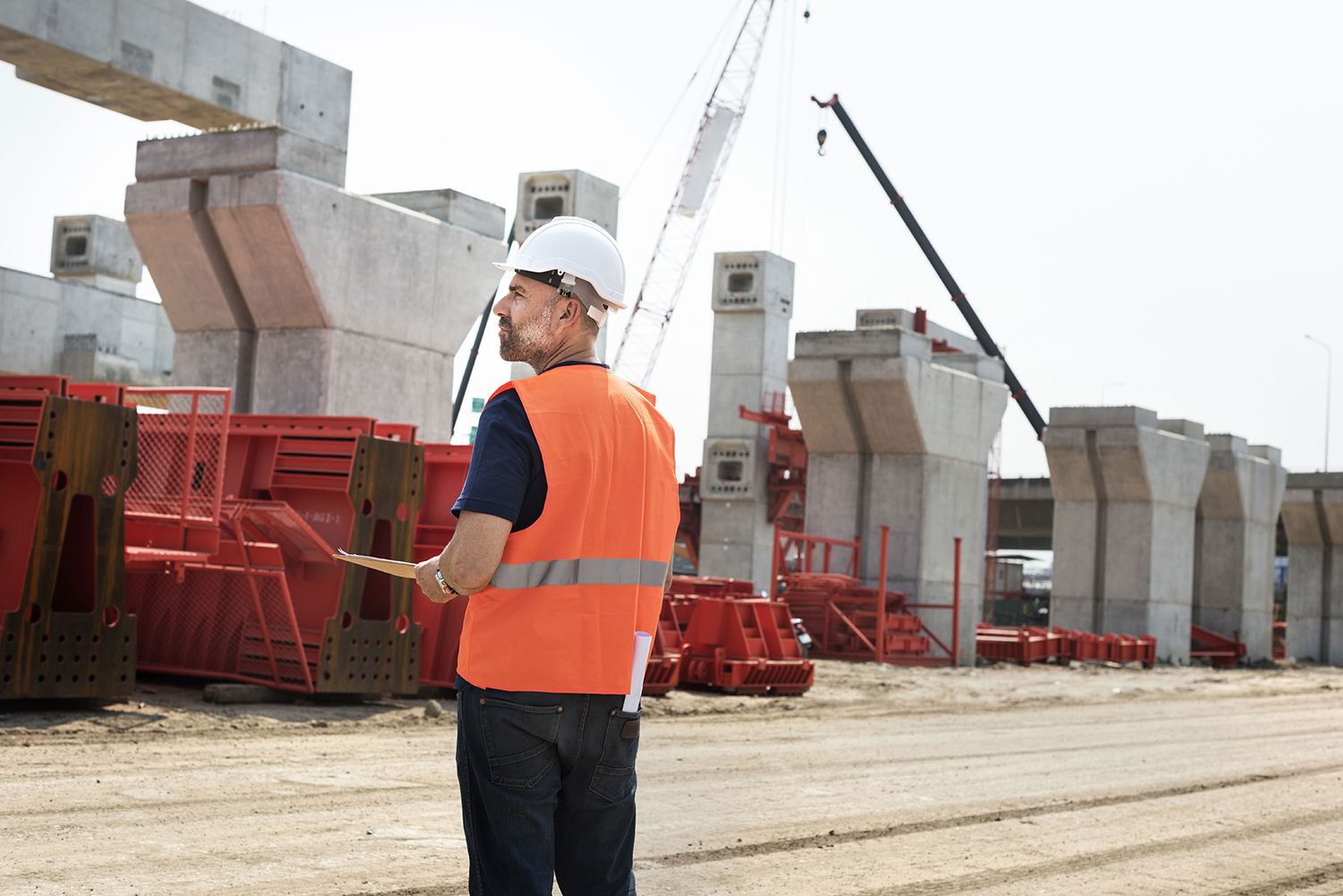
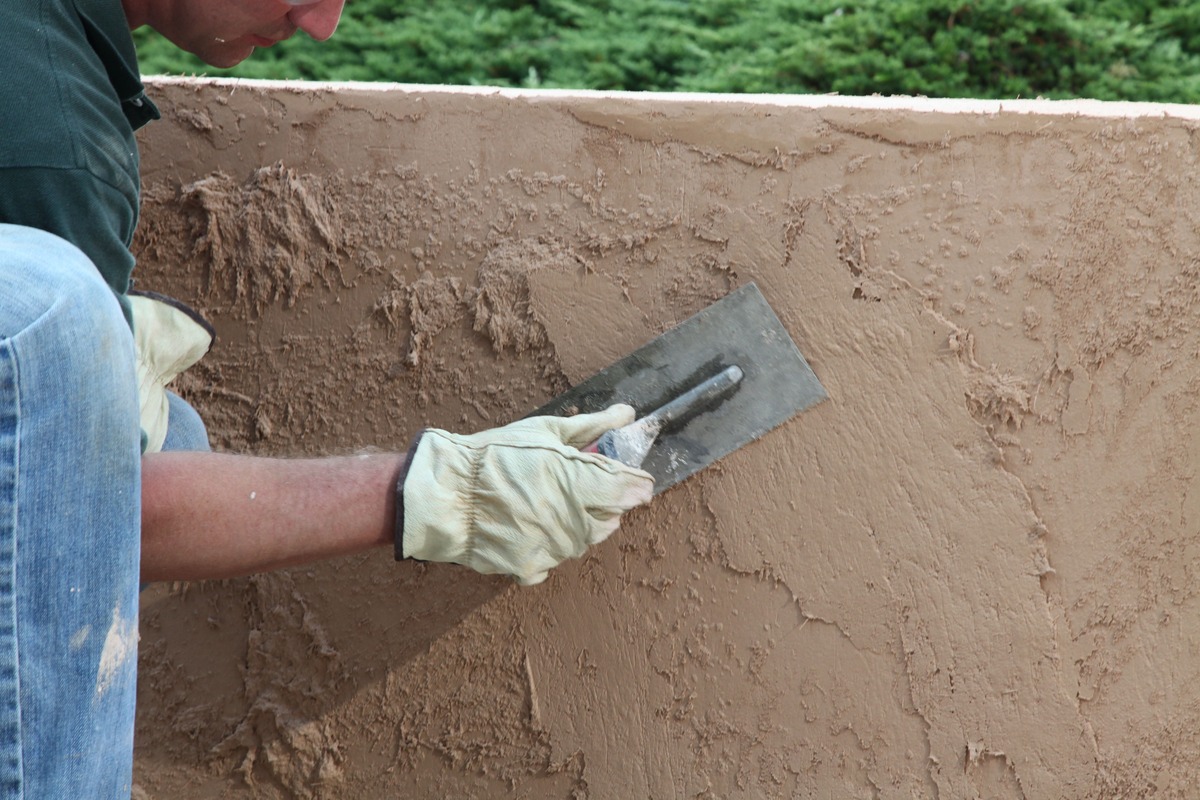
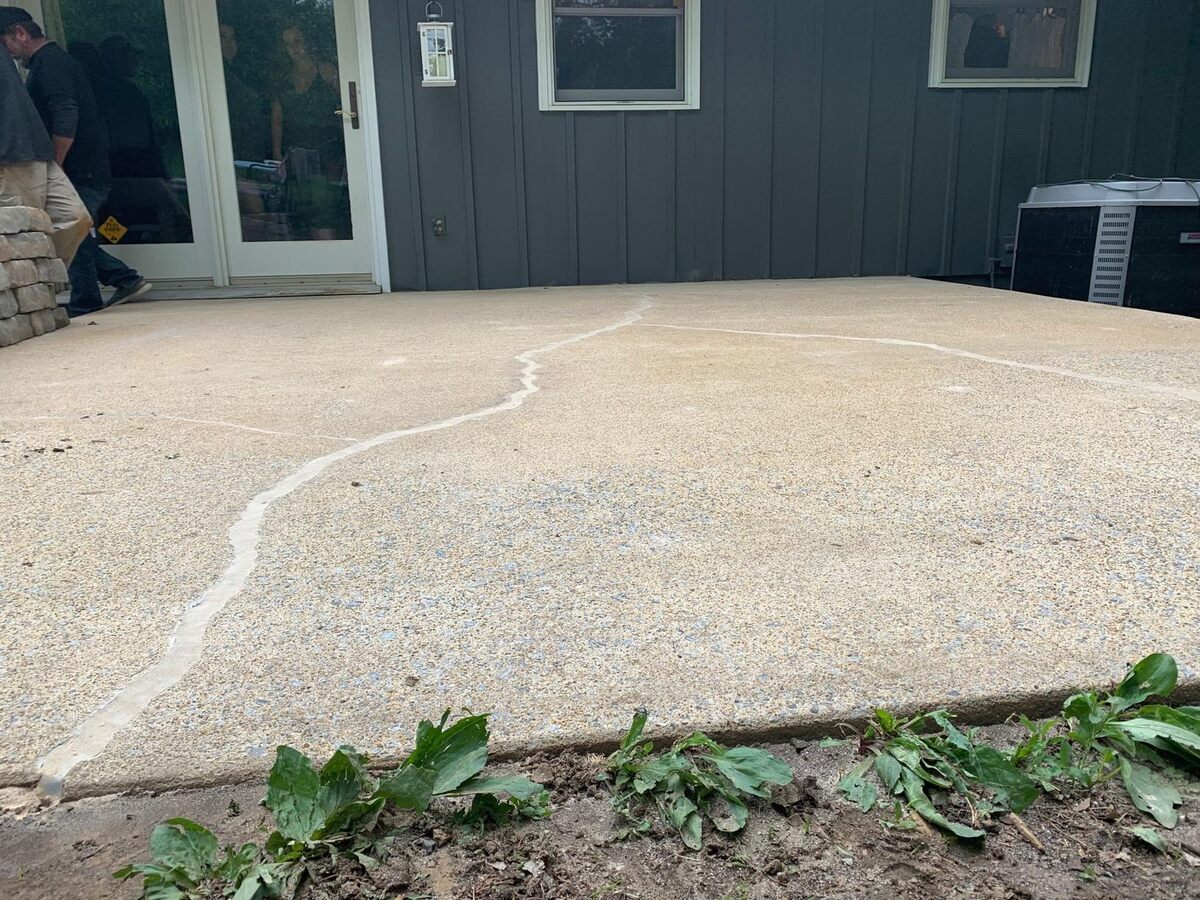

0 thoughts on “Which Cement Is Best For House Construction”